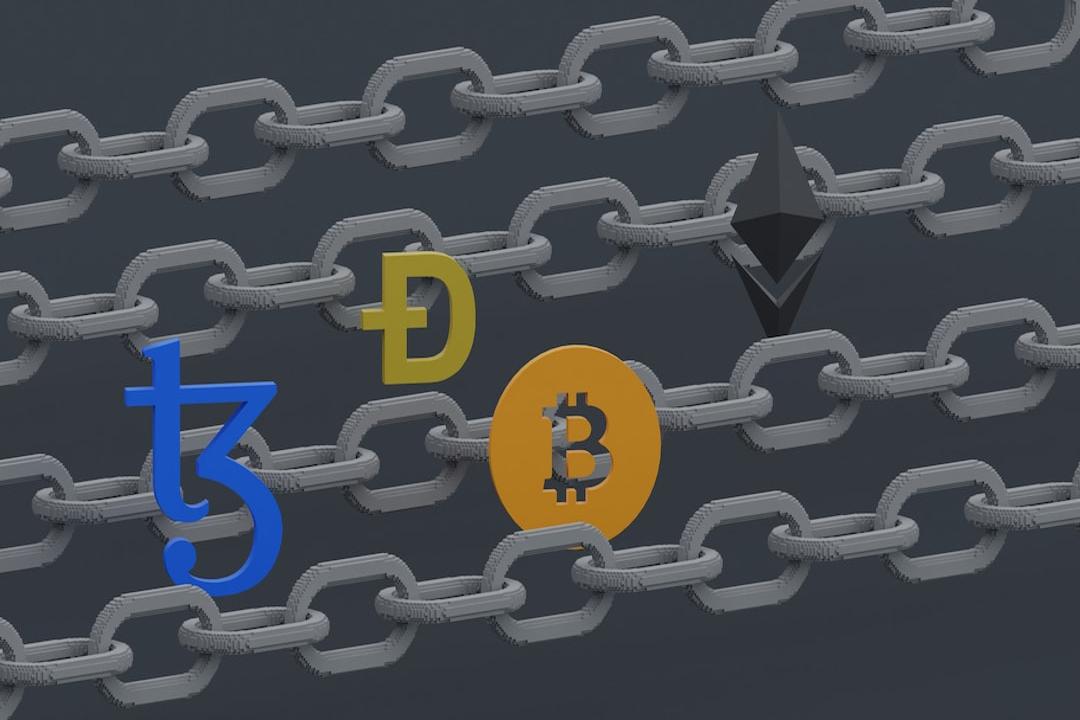Source: Blockchain Dao
Recently, a Twitter user shared their experience of using zkSync. This user has dedicated significant time, energy, and resources over the years to conducting various transactions on zkSync. Throughout this journey, the user’s dedication and focus received unwavering support from their spouse. Even during the toughest times, their spouse believed in them without a doubt.
However, the results of this effort turned out to be fruitless. This undoubtedly came as a thunderbolt, shattering the user’s psychological defenses.
In the comments section of this post, the user also shared their experience – going as far as quitting their job to fully commit to this endeavor in order to maximize profits.
The experiences of this user and some of the commenters left people feeling a mix of emotions.
Today, I want to discuss this experience with everyone to highlight some serious mistakes I believe the user made throughout this ordeal. I hope our readers can avoid falling into similar traps and prevent such tragedies from happening again in the future.
When doing anything, it’s crucial to have a solid strategy in place before focusing on the details. If the overarching strategy is flawed, no amount of attention to detail will lead to success.
In this case, I believe one of the user’s most serious mistakes was a flawed overarching strategy.
The practice of “farming” has evolved to become much more stringent than before. Projects now have strict policies in place to prevent airdropping tokens to speculative investors who lack loyalty to the project.
Given this context, projects typically follow two approaches:
1. Clearly stating airdrop criteria, such as projects like Blast and EigenLayer – where the more assets you stake, the more airdrops you receive.
2. Ambiguously presenting airdrop criteria, leaving the community hopeful but uncertain about the results.
The first approach is essentially a game of wealth. Participants should assess their capabilities and participate accordingly. The final airdrop outcome is uncertain.
In this type of game, individual investors are less likely to get hurt because they can see the rules and understand that the game may not be in their favor. Rational investors are less likely to heavily invest in such games, avoiding the disappointment of high hopes.
The second approach is more of a gamble. With unclear rules but a seemingly lucrative opportunity, it can easily lead to illusions.
In this game, projects hold all the power, and participants have no bargaining power. This type of game is most likely to make participants act recklessly and get hurt. The tragedy in this case is a result of this kind of game.
However, if we can suppress our greed and calmly reflect, we will realize that in games with unclear rules, questionable fairness, and transparency, any profits gained by participants are purely luck.
Since it’s based on luck, we should never risk all our assets and bet everything.
Therefore, heavily investing and gambling in this game is fundamentally wrong.
The sensible approach is as I have mentioned before: participate moderately within the limits of time, energy, and resources.
Delving deeper, we will find that these participants are haunted by the demon of “get rich quick.” Whether it’s the user’s “all-out effort” or the commenters’ “full-time operation,” these actions are all driven by this demon.
This demon has affected 99.9999999% of people in the crypto ecosystem.
Missing out on Bitcoin led to hopes of getting rich overnight with altcoins.
Missing out on Ethereum led to hopes of striking it rich overnight with Ethereum killers.
Missing out on Bitcoin and Ethereum led to hopes of striking it rich overnight with MEME coins.
Missing out on ORDI led to hopes of striking it rich overnight with other tokens.
Missing out on all coins led to hopes of getting rich overnight through farming.
In each of these hopes for “overnight wealth,” there are successful individuals, but we must carefully consider how many of them actually exist. Even if there are, why should it be you or me?
Therefore, when it comes to speculative games, I believe that participating with a calm and accepting mindset is the most suitable approach for individual investors.

